Fourth Massachusetts City Decriminalizes Psychedelic Plants
The resolution, however, does not authorize the commercial sale of entheogenic plants and fungi, nor cultivation for large-scale distribution.
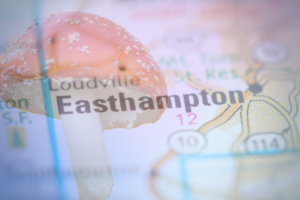
The resolution, however, does not authorize the commercial sale of entheogenic plants and fungi, nor cultivation for large-scale distribution.
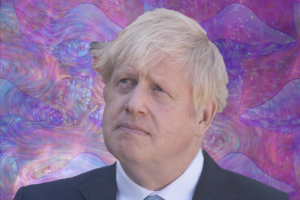
The leader of the Conservative Party in the United Kingdom tells a Member of Parliament “we will consider the Advisory Council on the Misuse of Drugs’ recent advice on reducing barriers to research with controlled drugs.”

Planting, cultivating, purchasing, transporting, distributing, possessing these plants and fungi will be the lowest law enforcement priority for the city.
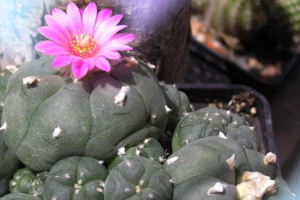
The sacred entheogen was also excluded from Seattle’s resolution to decriminalize natural psychedelics.
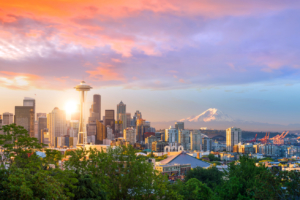
Seattle City Council unanimously approves a resolution declaring entheogen-related activities should be among lowest law enforcement priorities.
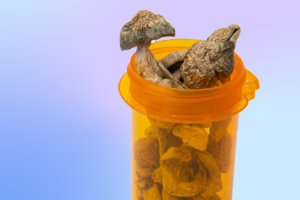
The proposal asks voters if the city should “decriminalize to the fullest extent permitted under Michigan law the personal possession and therapeutic use of entheogenic plants by adults.”
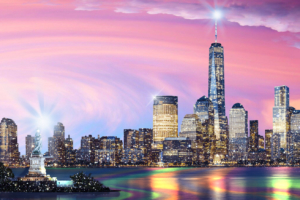
In Brazil, there have been no instances of an individual being punished for the consumption, cultivation, or possession of magic mushrooms.
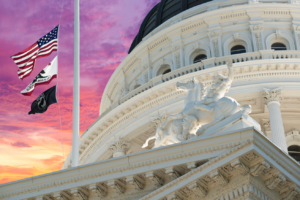
SB 519 would decriminalize the personal use of psilocybin, psilocyn, MDMA, LSD, DMT, mescaline (excluding peyote), and ibogaine, including in group counseling and community-based healing settings.
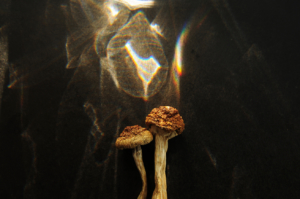
Two researchers argue we still can’t be sure what the effects of widespread public use of psychedelics would be, and point to possible negatives.
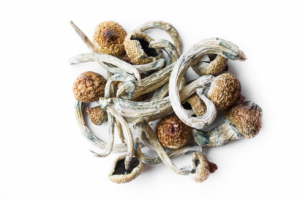
City Commissioner Kurt Reppart believes there is enough support to pass a resolution as early as fall.
End of content
End of content
By signing up to the Psychedelic Spotlight newsletter you agree to receive electronic communications from Psychedelic Spotlight that may sometimes include advertisements or sponsored content.